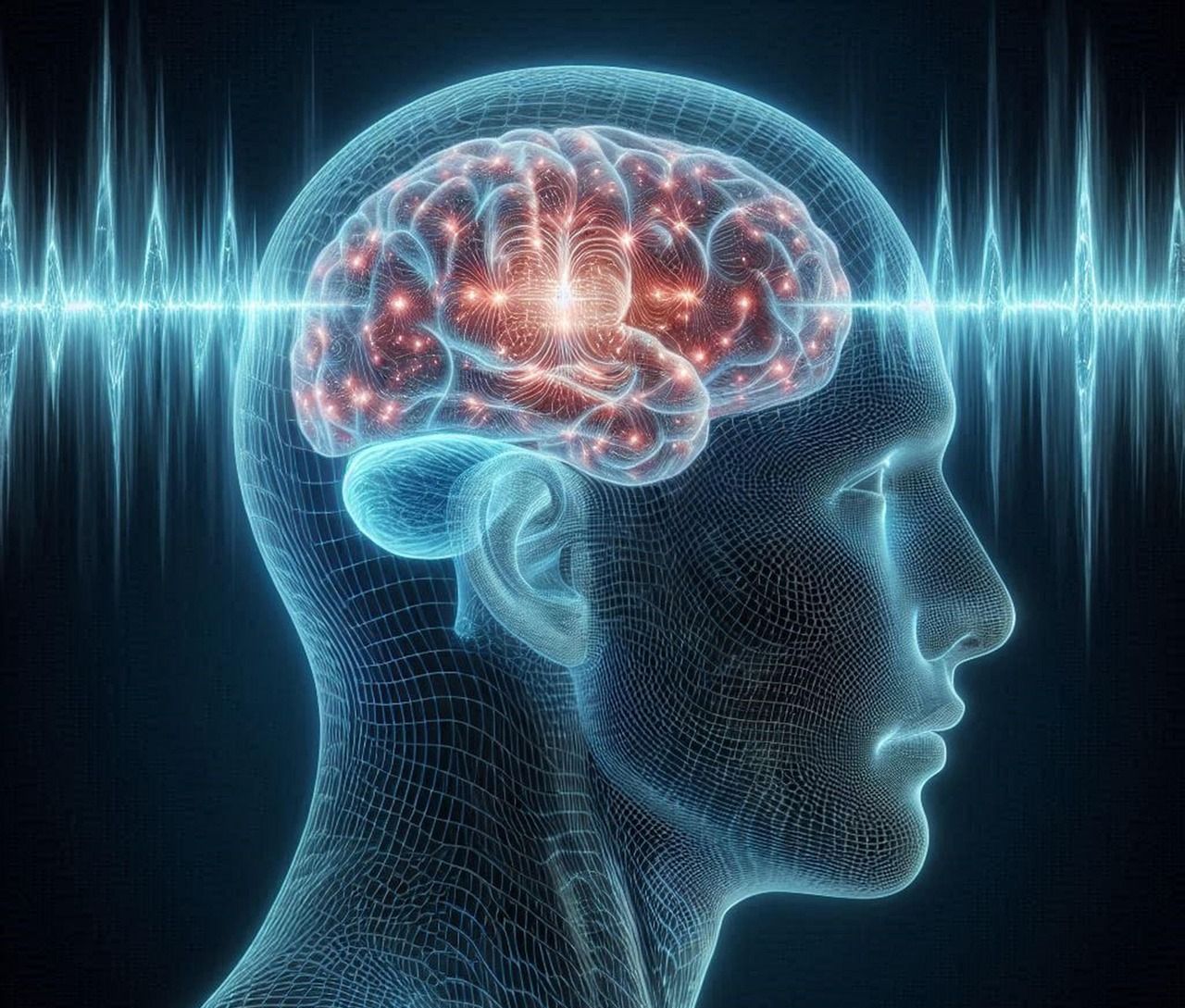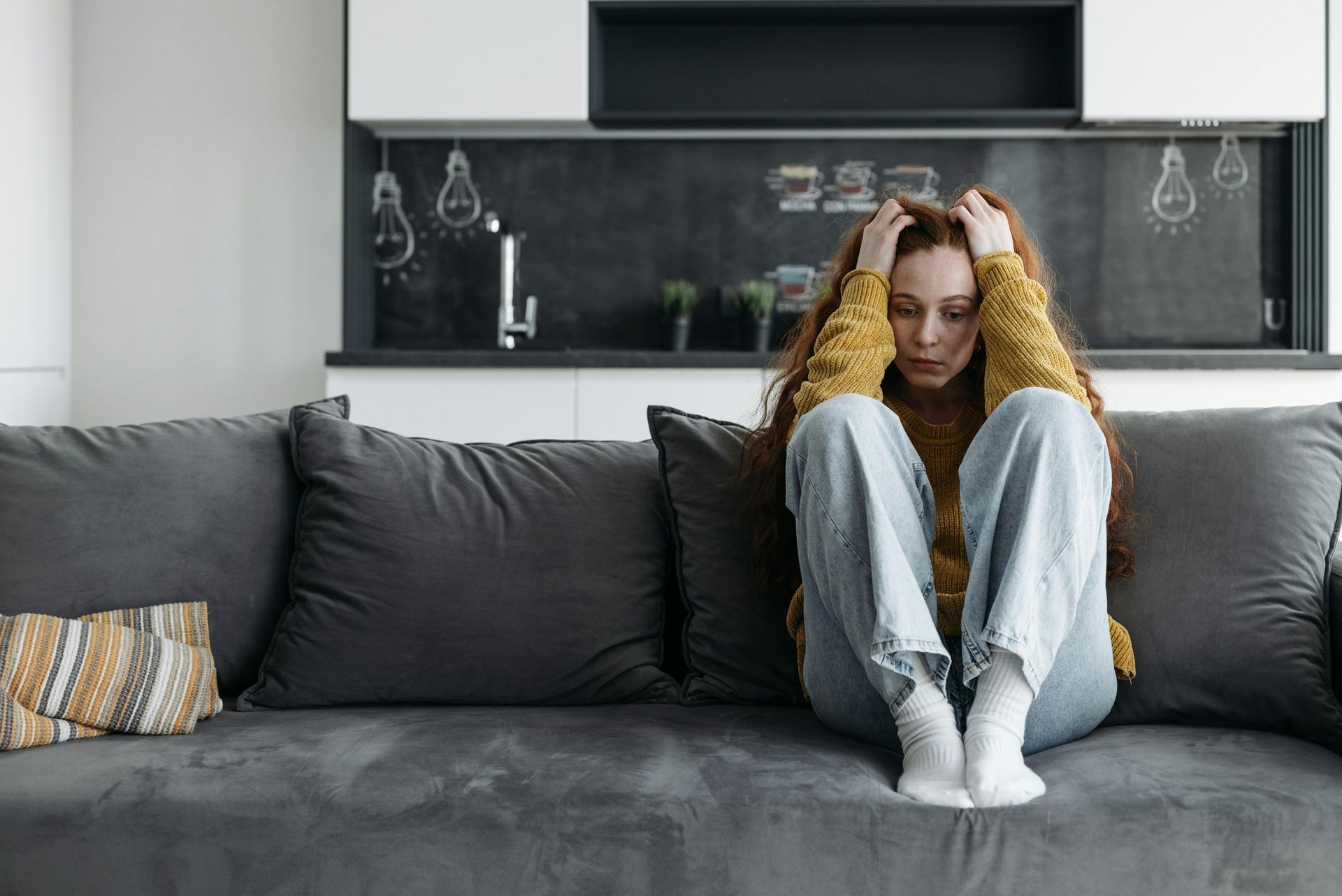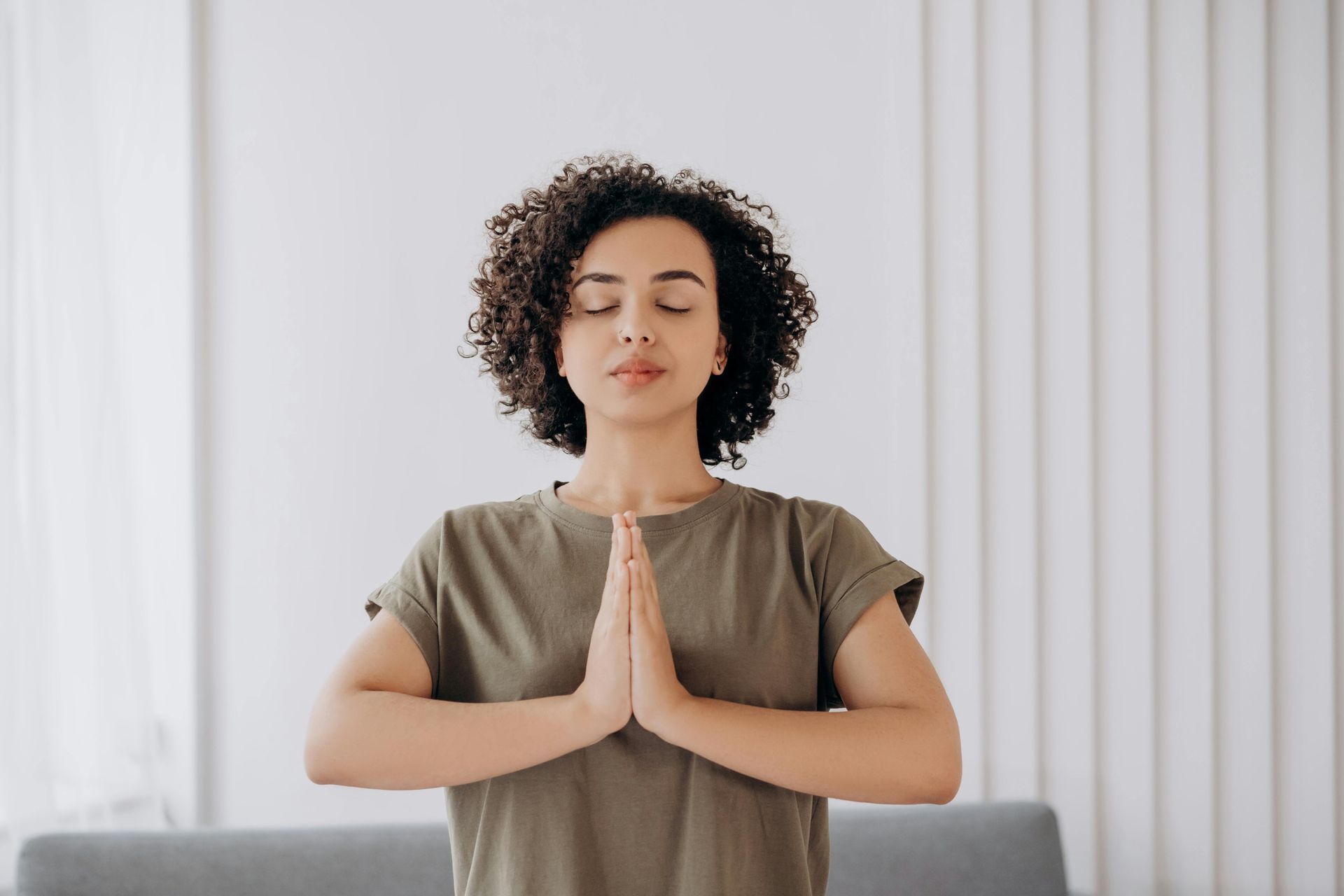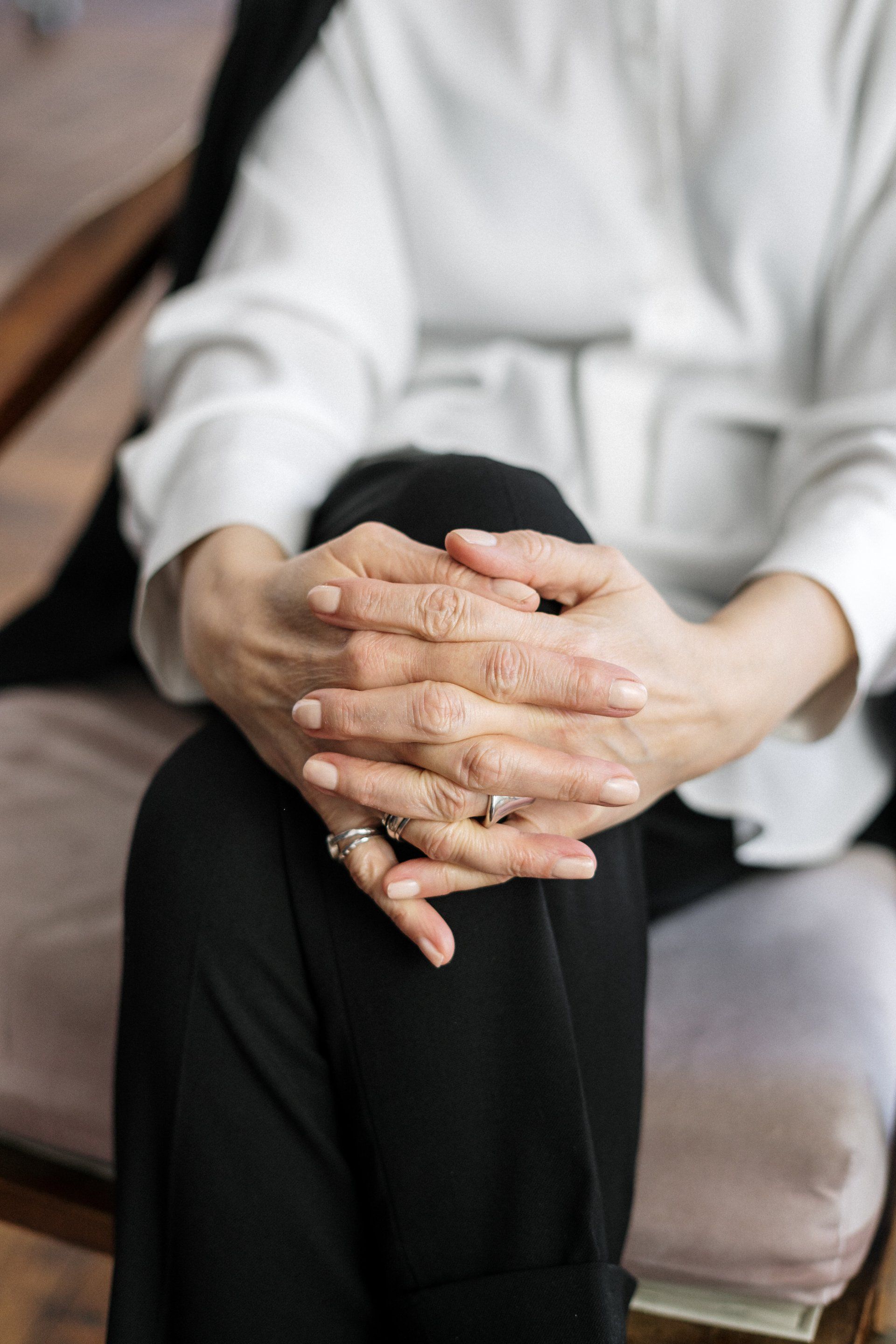How Can I Avoid an Addiction Relapse as I Ring in the New Year?

2020 is a year many of us are ready to see come to an end. While your social party might not look the same this year, maintaining sobriety remains the goal. However, if you're going to be socially distancing this holiday, you may find yourself with extra time on your hands. As a result, you may wonder how to avoid an addiction relapse this year?
Every year, the holidays tend to challenge those who are living with addiction. After all, triggers seem to come from all directions. For example, the holidays can be very stressful and packed with family gatherings. Not to mention, many experience feelings of sadness, grief, and loss this time of year. 2020 alone has been a year of stress, sadness, grief, and loss. So adding in the holiday season may leave you wanting to flee from your emotions daily. Triggers may be taunting you to turn back to your addiction, so what can you do to help ensure you don't begin 2021 with a relapse?
Let's talk about 5 things you can do to help you avoid an addiction relapse this holiday season.
What is an addiction relapse?
First, let's define addiction. An addiction is an intense compulsive urge to turn to a substance or a behavior. Many people with an addiction try to stop but realize they can't. At the same time, for many, life becomes unmanageable without the addiction. Regardless of the type of addiction, the challenge to maintain sobriety will be a lifelong journey. Recovery is something millions of people are enjoying right now. You can too.
Like any disease, a relapse occurs when something that was gone comes back. With addiction, relapse is common, but it doesn't necessarily mean you're on the brink of disaster. Turning back to a substance or behavior can be devastating to you and those who love you. For some, relapsing brings feelings of guilt, shame, disappointment, and frustration. Yet, those are also common emotions that drive addiction. So, if you relapse, the best thing you can do is acknowledge it. Keeping it a secret is often the culprit that can lead you back into that place you're working so hard to leave behind. Next, try to identify any triggers you were experiencing. Doing so can help you with your relapse prevention plan. Finally, recommit. A relapse does not erase all the work you've done to get to this point.
We're going to remain focused on avoiding a relapse altogether. So, what can you do to help ensure your addiction doesn't get the best of you this holiday season?
5 Ideas To Help You Avoid An Addiction Relapse
- Maintain Self-care. During the holidays, it's easy to interrupt good sleep routines and healthy eating habits. However, for the purpose of recovery, self-care remains essential to your success. You may be familiar with HALT. H - hungry A - angry L - lonely T - tired These are common triggers that lead to relapse. So, do self-check-ins often. Self-care is a critical component of maintaining sobriety.
- Commit to recovery. Begin each day with a commitment to sobriety. It may be helpful to read over your relapse prevention plan, so responses to triggers are fresh on your mind.
- Know how you'll respond. Plan and practice your responses before the party or family gathering. For example, suppose you're going to be with those unfamiliar with your addiction or recovery plan. In that case, they may offer you a drink. However, knowing how to respond ahead of time may help you avoid an uncomfortable conversation.
- Have a support person or sponsor to turn to. It's easy to get triggered this time of year. As a result, you may need extra support. So, have someone you can turn to in difficult moments. It may be helpful to notify them before a party to ensure they'll be available. Then, if they have plans, you can have a backup person in place.
- You don't have to stay. If you are at a party and feel triggers are hitting you left and right, you can leave. Instead, have a plan in place to get home. For example, if you're going with your partner, you could drive separate cars or decide ahead of time who will take an Uber home. That way, if you're at a family dinner and your spouse wants to stay behind, there's no awkward conversation in front of people.
I Need Help With My Addiction
You may not be in a place where recovery is something you're hoping to maintain. Instead, you may be wondering if overcoming your addiction is possible. If so, we may be able to help.
At Capstone Counseling and Coaching, we strive to help our clients overcome their addictions. We understand the holidays can be a difficult time of year. As such, we also know the benefits that can come from therapy. We may be able to help you. Call us today.













